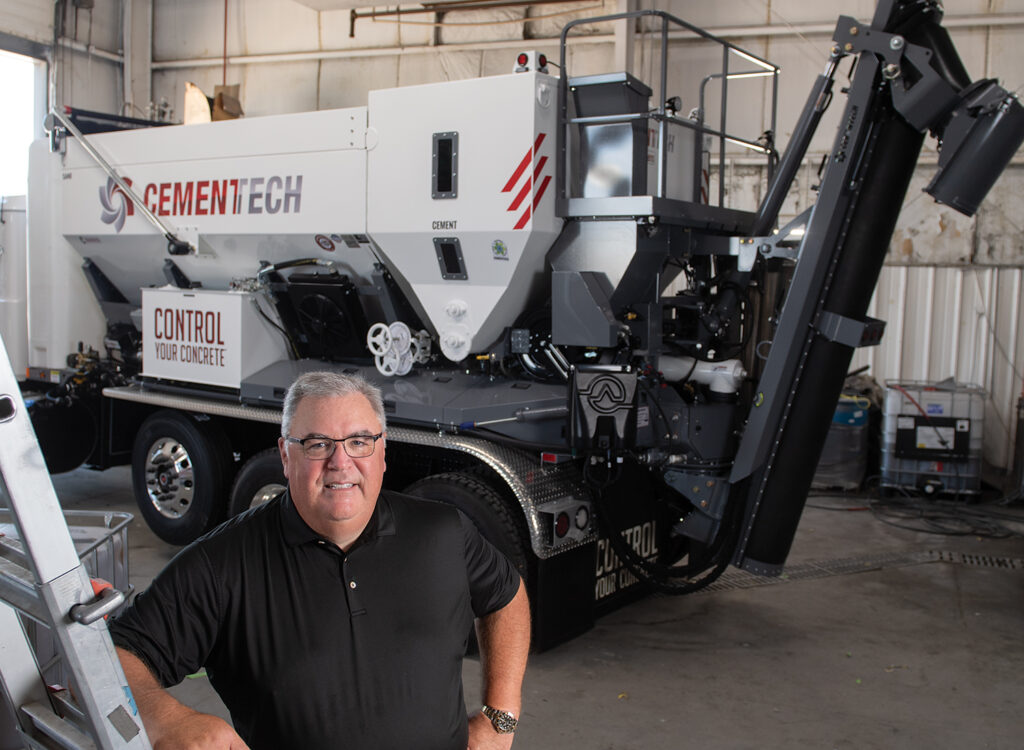A new ‘S.O.B.’
Gov. Branstad recently named Ronald Hansen the Iowa superintendent of banking

KENT DARR Jan 8, 2016 | 12:00 pm
6 min read time
1,397 wordsBanking and Finance, Business Record InsiderIn early summer, Ronald Hansen took a phone call from John Sorensen, head of the Iowa Bankers Association.
“We need to talk about this S.O.B. position,” Sorensen said. Neither man is known for profanity, not even the kind that takes the form of an abbreviation.
Still, Hansen knew what Sorensen was talking about.
The position was state superintendent of banking. Sorenson doesn’t make that selection — that task is left to the governor — but as head of the state’s largest banking industry group, he does contact respected bankers to let them know about a pending vacancy.
And Sorensen holds Hansen in pretty high regard.
“Ron has a keen understanding of the industry he will regulate and the Iowa economy,” Sorensen said. “He is a person of great character, with a desire to give back to our state in this way.”
As it turns out, Hansen was interested. In November, Gov. Terry Branstad announced that he had selected Hansen to be the 25th chief of the Iowa Division of Banking, replacing Jim Schipper, an Osceola banker who was named to the job shortly after Branstad took office in 2011 and who retired in October. Three people applied for the job.
Hansen, 64, took office the day the division’s budget was to be presented. (He got a nine-day extension on that deadline.)
The Division of Banking regulates all state-chartered banks and has regulatory and licensing authority over consumer lenders, mortgage businesses and payday lenders. It also is home to the licensing boards for accountants, architects, engineers and land surveyors, landscape architects, real estate brokers and agents, real estate appraisers and interior designers.
Still, its main calling is to regulate state banks and conduct bank examinations on a rotating schedule with the Federal Deposit Insurance Corp. The division is the main vehicle for administration-sponsored banking laws.
For Hansen, the job is the capstone on a career that dates from 1969, when he worked summers at Liberty Trust & Savings Bank in Durant, where his father, Oliver, served as president of the bank and chairman of the holding company that owns it. The Hansen family has a little more than 50 percent of the stock in the bank, which had $150 million in assets at the end of the third quarter.
Although Hansen would carry on the family banking tradition in Iowa — his father also served as superintendent of banking, from 1971 to 1973 — he left the state after graduating from high school in 1969 to attend Arizona State University. His first full-time job was with Security Pacific National Bank in the Los Angeles suburb of El Segundo, Calif.
In June 1975, he left Southern California, where his 10-minute commute to work included five minutes of drive time along the Pacific Coast, and returned to Durant.
The obvious question here is why did he leave? There isn’t an immediately obvious answer, Hansen said.
“The story my father tells is that I called and begged him to give me a job (at Liberty Trust & Savings),” Hansen said. “The other story is that he told my brother that if I didn’t return home, he would have to sell the bank. My dad is gone now, so my story lives on.”
Truth be told, though, Hansen said that as much as he enjoyed the drive to work, he didn’t want to raise a family in Southern California.
“I came back for the opportunity,” he said. “I never thought that I would wind up raising kids in that environment. I just couldn’t imagine that.”
In July 1995, Hansen was named president and CEO of Liberty Trust & Savings Bank and then chairman of the board and CEO in March 2014. He has also held the positions of director and trust officer for the bank; chairman, president, treasurer and director for Liberty Bancorporation, the bank’s parent company; and director for Liberty Insurance Agency.
Although he was still going into the bank every day, a succession plan was in place for the future of Liberty Trust & Savings when Hansen got the call to become superintendent of banking. At the same time he was named chairman, the bank appointed Phil Keese as president.
Hansen is concerned that many small banks don’t have a succession plan in place. That could result in the disappearance of community banks, many of which are the sole economic drivers in their communities.
Before being named president and CEO of Liberty Trust & Savings Bank, Hansen graduated from the Graduate School of Banking at Colorado, a 25-month banking school that is hosted by the University of Colorado Boulder and provides senior management and leadership education for community-banking professionals.
During his 40-year Iowa banking career, Hansen has been active in the Iowa Bankers Association, having served as a member of the board, chairman and secretary, as well as a member of the finance, legislative and convention planning committees. He also has been active with the Independent Bankers of Iowa and the American Banking Association. Hansen also was chairman from 2011 to 2012 of the American Banking Association. He was a co-founder of the Mississippi Valley Bankers Association, and he serves on the Federal Home Loan Bank administrative committee.
Hansen also carries the distinction of being part of just the second father-and-son duo to have served as state banking superintendents. Carroll County banker Joe Gronstal was superintendent from 1957 to 1961 and his son, Tom, was superintendent from 2002 to 2011.
Consolidations loom for Iowa’s community banks: A Q&A with Superintendent of Banking Ronald Hansen
What is the main challenge facing community banks?
The challenge for the rural banks is going to be ag lending. With decreased commodity prices, input costs haven’t gone down correspondingly, so there will be challenges in structuring the farmers’ repayment capacities over the next couple of years, or as long as this gets drawn out. It will be nothing like (the farm crisis of) the 1980s. Some farmland is still bringing five figures per acre, though it is probably down since 2013. I’m not so concerned about the land values. I’m more concerned about the customers’ cash flows. We don’t have the levels of debt that we had in the ‘80s.
The biggest opportunity is to try to compete against the tax-advantaged entities. That’s another of the big challenges in keeping up with competition. It sounds like a worn-out cliche, but being able to provide the opportunities, being able to provide quality customer service.
Can you stem the tide of bank consolidations?
Consolidations are a concern, but they are going to happen because of a couple of different factors. One is the regulatory burden, and the second one is that some of the senior bank owners don’t have a succession plan. One reason some small banks might not have a succession plan is that it is hard hard to find people who want to live in small Iowa communities.
Is capital an issue for community banks?
Capital is not the issue. The big issue is the compliance burden for keeping up with all the regulations and legislation that we are faced with all of the time.
How do banks with small staffs deal with those regulations?
A lot of banks have hired additional compliance staff, and the Iowa Bankers Association has beefed up its compliance staff.
It is interesting to me that Liberty Trust & Savings didn’t attempt an expansion into Greater Des Moines during the real estate boom. Why not?
A lot of banks felt that if they were going to grow, they had to get into a bigger market. For some of them, geographically, it made sense, but for a lot of them, I would say it didn’t make sense.
Liberty never considered Des Moines or the Quad City markets. It’s expensive to go in and try to open a new office. (A bank might) spend $1.5 million on a new bank building, then a manager is going to cost you probably $100,000, and you need at least a couple of staff members. You have to pick up a lot of business to justify that.
It’s hard to get deposits and it’s hard to get loans, and you probably aren’t getting the cream of the crop because the players that are already established in the market are going to be very competitive in their pricing. It’s not going to be real profitable for you.









